Why I decided to quit being an early adopter (for the most part)
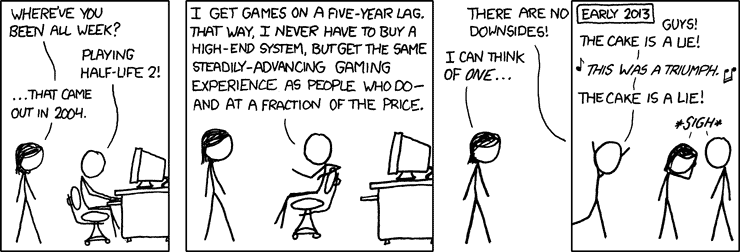
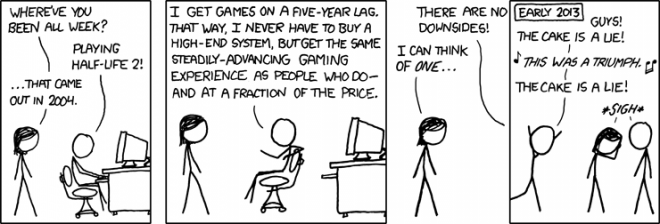
Having something in hands or using something before everyone else has been a strong urge for me for the better part of my life. It did not really matter what it was: games, programs, gadgets, computer systems, game consoles or smartphones. If it was new and promised to be better than the old thing, I had to get my hands on it as soon as it was available.
When a new game console or game came out that I wanted to play, I pre-ordered them so that I could get it on the day of release, or sometimes even earlier than that. The disappointment came later when I noticed that only a handful of new games were released for the systems in the first six to twelve months after launch.
In regards to apps and programs, I started to use beta versions or even earlier builds to be among the first to test it.
In the past one or two years though I started to change my attitude towards this and quit being an early adopter for the most part. I was not able to make a full 180 on this though, but that can be fully attributed to running a technology news site and the requirements to test and run new software and sometimes hardware for it.
So why did I make that change? There are actually several reasons why I stopped being an early adopter.
1. Hype vs. Reality
Marketing plays a huge role in the computing and gaming world, especially if something promises to introduce a new feature that sounds really good to you, but also if it promises better performance or other benefits in comparison to the last generation.
Hype plays a big part in the technology world, with many technology sites praising hardware that they did not even had a chance to test on their own. It is the same in the gaming world. If there is a new game, a sequel to a popular title for example, it is almost certain that hype is building around it.
There is nothing wrong with hype, but since early adopters do not have time to wait for thorough test results and reviews, it is usually a blind purchase that they make.
The main question here is if that new feature or gadget that is being hyped is really worth the price you pay for being an early adopter.
Do you really need to get your hands on Google Glass, Samsung's new smartwatch or the latest blockbuster game the day they come out?
2. Functionality / Issues / Maturity
First generation products have often issues that later generation products do not have anymore because they have been fixed. This is true for games, apps, gadgets and hardware. Patches may resolve issues in games that early adopters may experience (that may reduce the fun and enjoyment of the game), second generation hardware may be faster, run more stable or use less power than first generation hardware.
Firmware updates may improve functionality of hardware products, and updates to game consoles may also improve them in different ways.
While that is not always the case, you are often better of buying products when they have matured. That does not mean that you have to wait years to get your hands on a product, but recent issues with games such as Diablo 3 or Sim City have shown that it may be in your best interest to do so.
There is another issue that you need to take into consideration: compatibility and standards.
If you thought that HD-DVD would be the winning format in the HD-format battle, then you bet on the losing horse. This turned your expensive equipment into something that has no longer any use. The same is true for other formats and products, say VHS vs. Beta Max, wireless charging standards, ports, H.264 vs. WebM, Plasma vs. LCD TVs.
It is usually better to wait until a standard format or technology has emerged, unless you really need a product right at that time or are certain that it will win.
3. Price
You pay the full price if you purchase a product the day it comes out. Prices drop over time, so that you may be able to purchase the product for less after a short period of waiting time.
Hardware prices do not drop that much, but they will often when the next generation of a device comes out. The manufacturer wants to sell the remaining stock of the old device which you may get for good value.
The same is true for many games, which may drop in price months after release, especially on PC.
You pay a premium for the privilege of using the product early.
4. Need
Before I make any purchase nowadays I ask myself if I really need the product. Do I need to upgrade from my Note 2 to Note 3, the PC that I bought in 2012 to a new one that is slightly faster, or the Nintendo Wii to the WiiU?
What would I do with a smartwatch or Google Glass, how would it benefit me? While there is a novelty factor, it is often the only argument that speaks for a purchase, while everything else speaks against it.
Another example: Do I really need Fifa 2013 when I have Fifa 2012, or the next Call of Duty or Battlefield title if I played the last one? Do I need Windows 8 when I run Windows 7?
When I'm uncertain, I create a list with pros and cons and base my decision to buy a product -- or not -- on that list.
Arguments for being an early adopter
There are arguments for being an early adopter which I would like to mention as well. Sometimes, being an early adopter provides you a say in the future development of a product. If you find bugs and report them, or notify the company about a feature that is missing, it may be implemented and released via an update (or a next generation version).
Another pro argument is that having the device enables you to test it, write about it and get accustomed to it. You can become an expert here before everyone else which can be very useful, especially if you are a journalist or make your living in a related field.
Sometimes, hardware revisions may introduce slower components or missing features. The Playstation 3's emulation for instance for PS2 games changed from hardware to software along the way, and was not that good in the beginning.
Closing Words
While I still have the urge to get a product as early as possible, these days it is usually only because I want to write about it here on this site, and not for personal use. I sometimes cannot withstand the urge though, especially when it comes to games that my friends want to play and that I'm interested in as well.
As far as hardware goes, I'm pretty conservative here. I get a new mobile phone every 2 years when my contract renews, but that is about it.
What about you? Are you an early adopter? Did you ever regret buying something early?
Advertisement
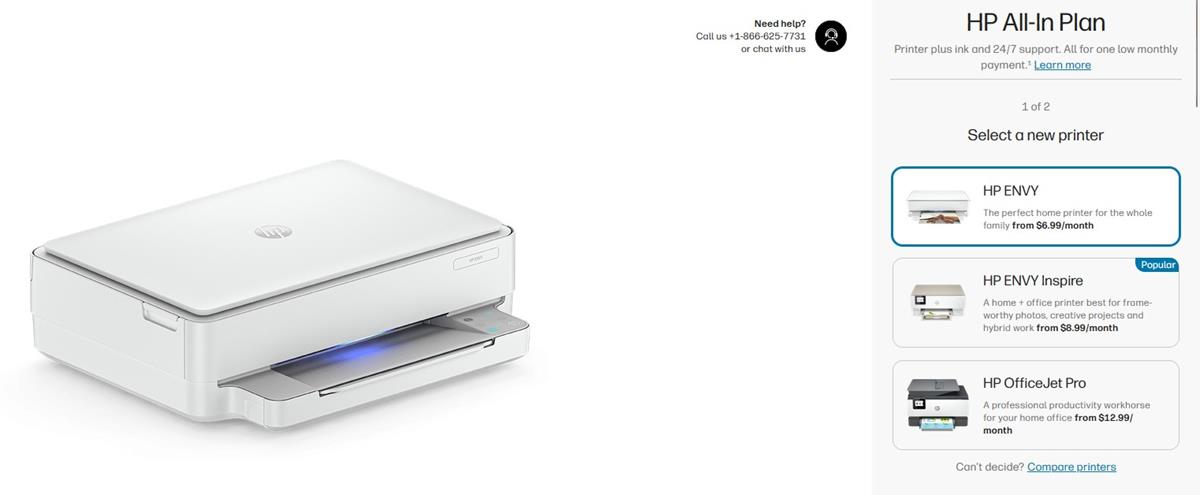
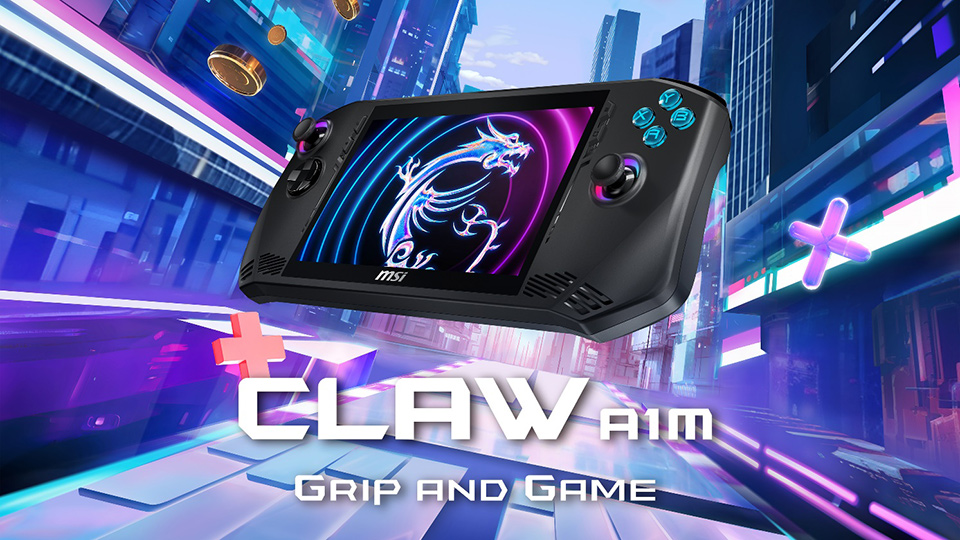

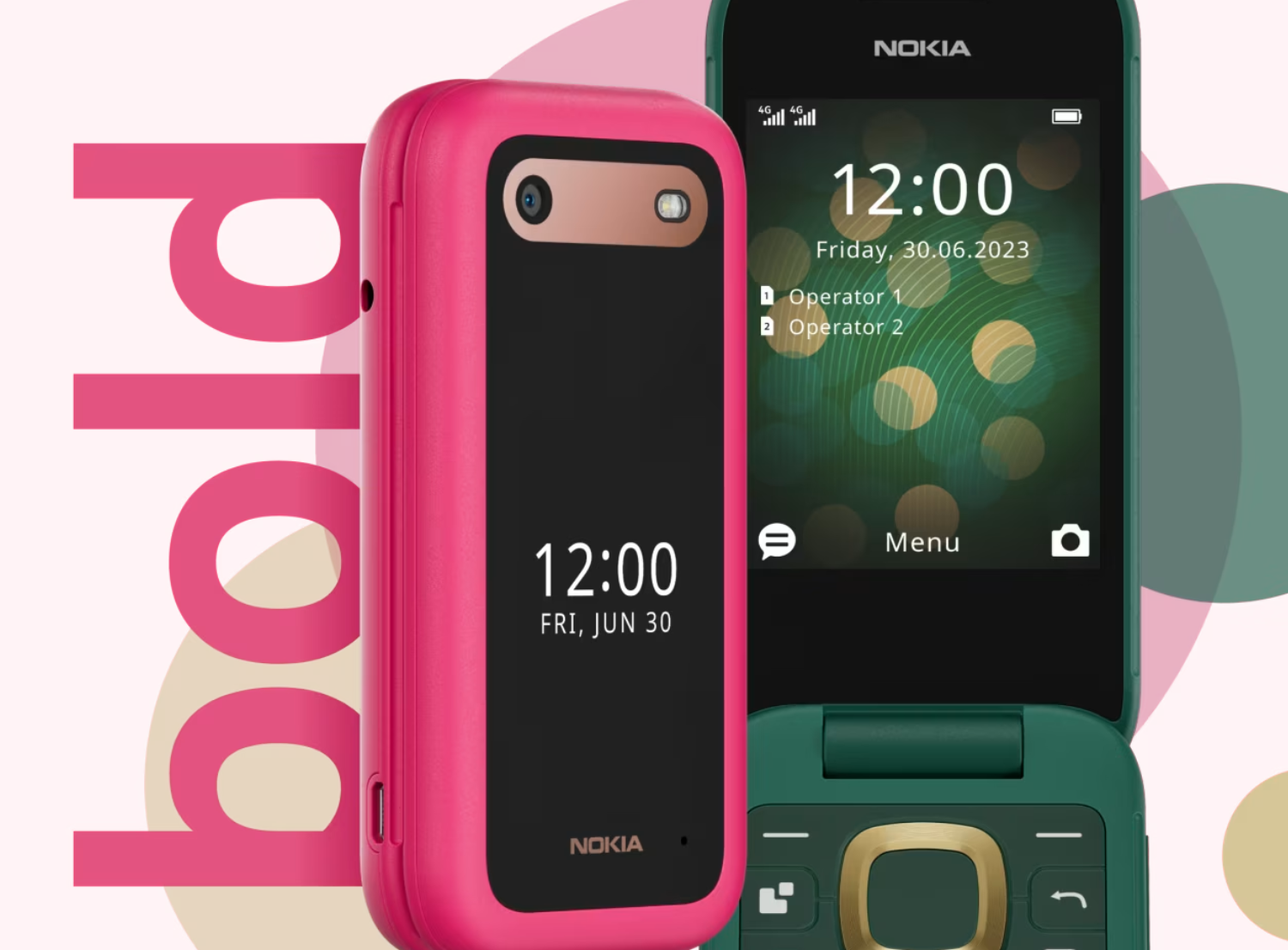
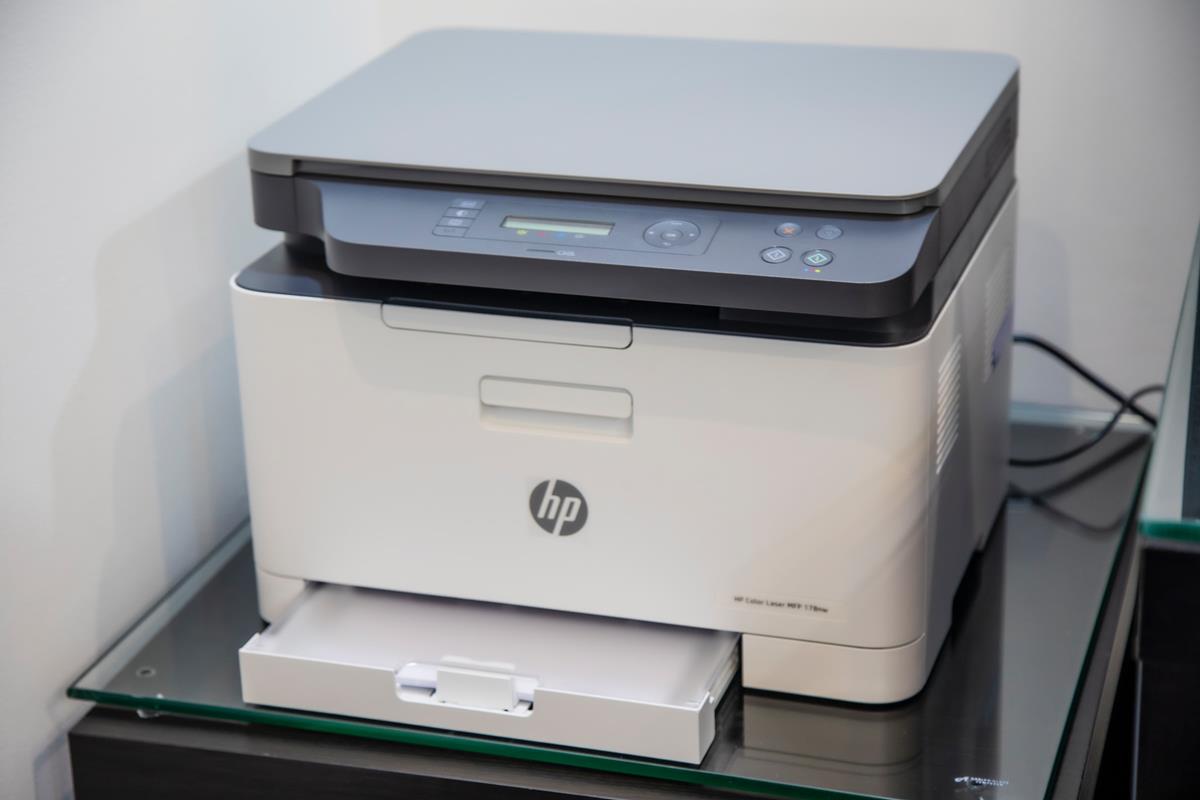
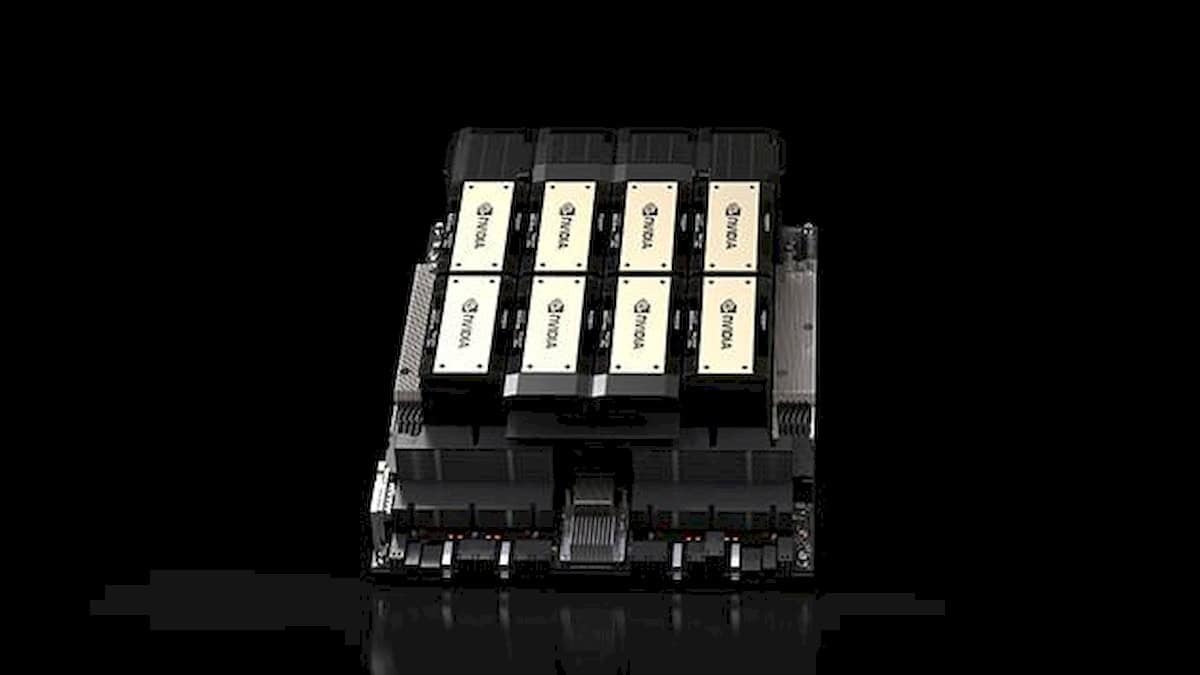

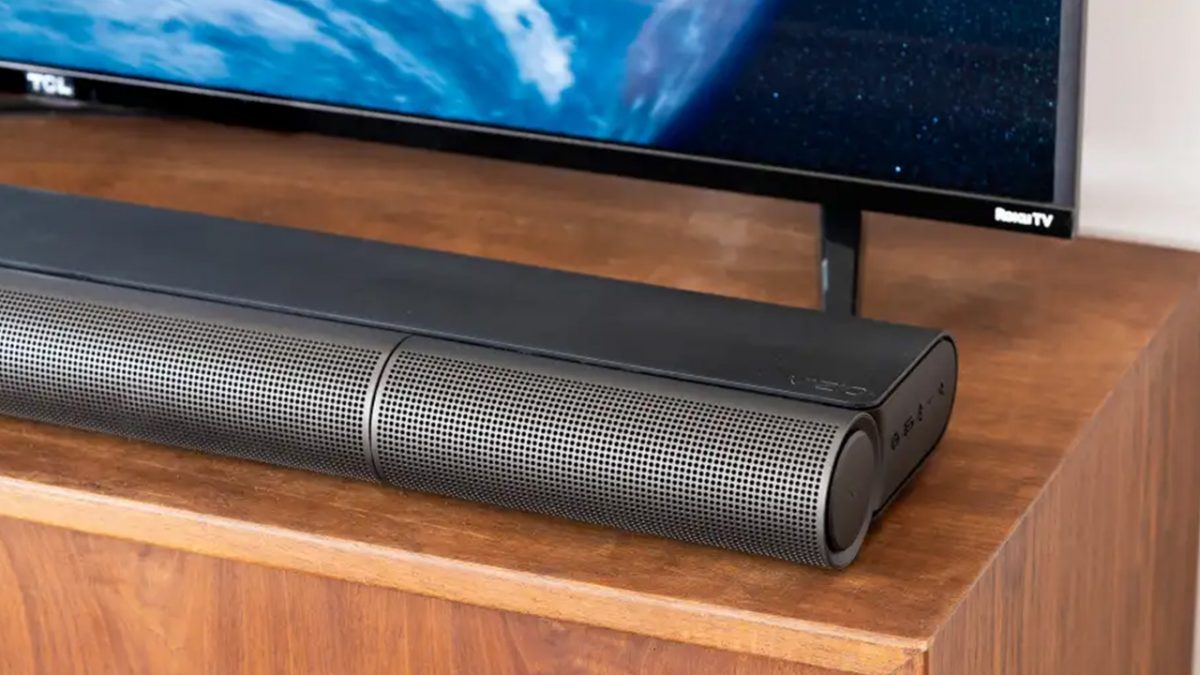
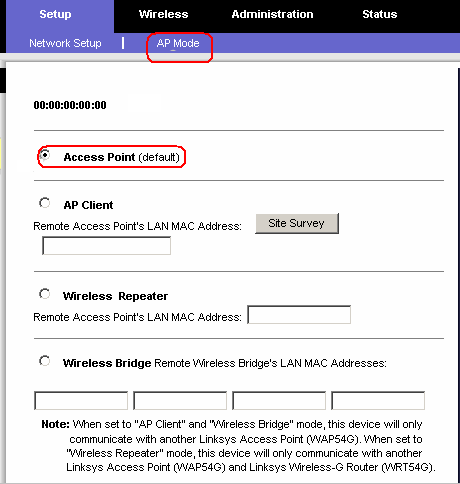
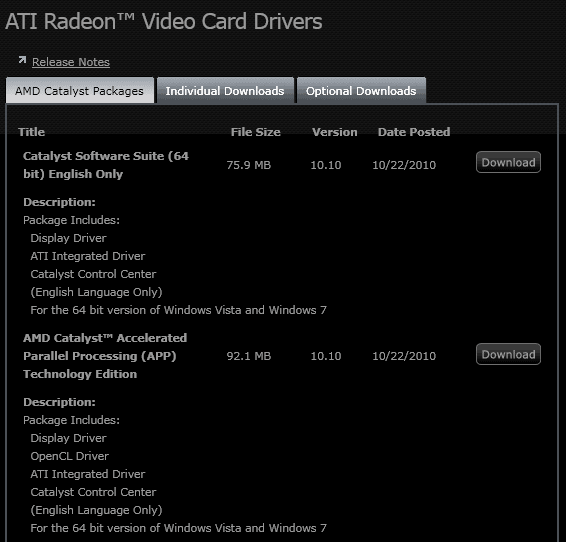










Eventually, for most people it all comes down to the question of “how much your time is worth?”
As one gets older one has less time to fiddle around with things and just need the software-hardware combination to work as smooth as possible, because what was once (in the younger days) a gadget is now a tool that one’s livelihood might even somewhat depends on.
Indeed, people still have their passions and I suspect that most of us are still “early adopters” or “enthusiasts” of some things, but these are probably those who really matter to one, and less of a general obsession.
With time one also learns what Martin pointed out in the article: marketing hype aside, not a whole lot going on in terms of advancements. A true improvement (sometimes even a breakthrough) is made once every several years, and the interim is filled with gimmicks.
When I was younger I too was very fond of playing and experimenting with new stuff. I was generally happy to face issues and problems, research them, solve them – it was rewarding and educating. I learned a lot of invaluable things in the process, but as time went by I had less time and energy for that, and much preferred just to get something that works, as I need it to, without all the growing pains or bells and whistles I don’t care about. Nowadays, I much prefer to have what I need and replace it only when I need it. I still have my passion areas for which this thumb rule doesn’t really apply, but I’m fine with it.
Indeed. Early adopters are guinea pigs. Late adopters are wise people who enjoy a premium experience.
yep.. that’s why I’m going to upgrade to WIN 7 (soon, maybe :-)
I’m using the Windows Classic theme, have a Firefox 2 theme for Firefox ESR, and prefer games made for DOS/Windows 9x. If that doesn’t tell you my position on early adoption, I don’t know what will.
I bought the very FIRST Android phone to be offered by Verizon. I spent the next couple of years groaning over all the cool apps that became available through the Android Market that I couldn’t get for my phone because they were only compatible with later versions of the Android OS, not to mention all of the cool apps that I couldn’t get for my phone without first deleting a few apps that were already installed, because I couldn’t even save my apps on the flash card instead of internal memory!
I’m not really an early adopter by nature. I made an exception this time because I was really psyched about the potential of Android, and I found a bargain allowing me to buy the phone for almost nothing ($9.99) with a 2-year contract. But I learned that being an early adopter just got me stuck in a 2-year commitment to what would soon become the most laughably PRIMITIVE Android phone in existence.
The latest cool new thing only retains that status for about 5 minutes, before it becomes just another used-to-be-cool, retro relic. And that status lasts forever.
Someone notice that the songs are from “Portal”, and NOT the “Half-Life 2” ?
Yeah, im geek….
Well observed.
That’s the mature way to be, Martin. Let others deal with the software problems. I take my time and read about products before finally getting them, so I can enjoy them more by getting the most out of them.
Interesting discussion. Made me think of what Heidegger in “Being and Time” called “Neugier,” a “greed for the new.”
I don’t stretch it to 5 years, but I very rarely buy techno equipment less than a year or two old. In fact I reckon new technology has but one main function – to make last year’s technology affordable.
Easy for me though, as I’m not subjected to daily temptation. There’s so much technology advertised and sold online it’s simpler to ignore it not to mention time-saving. And so little available to buy locally (rural Scotland) that there’s no pressure. No point in buying fancy phones – just don’t have the signal – I’ve never owned a mobile phone that cost more than £20. Public wi-fi so sparse that tablets and the like are a waste unless you consider them household devices. Not a grumble – I live here by choice as it only takes a quiet walk to know there’s a lot more to life than the latest gadgets.
It’s a sign of maturity. When I was a kid “new shiny” was what the television and classmates had me wanting. As we got older we realize it’s not worth it and we got tired of reality not living up to the hype. The smart ones listen to their elders (I wasn’t one of them).
It’s no wonder marketing caters to the young. They’re more naive, insecure, etc. Much easier prey.
Software is as much to do about comfort as features. If it works, why replace it? This is part of the problem with Win 8. It doesn’t offer anything desirable but requires a steeper learning curve. Contrast that to XP vs win 7. Not much of a learning curve with the desirable support for modern hw.
Starting in the seventies I had the same problem as you with main vic 20 commodore 64, commodore 128, commodore (main first ms-dos machine) 8032, Hp vectra, hp (main first portable) 110, I realized that every year or so the hardware sellers became greedy again and wanted to sell you something with a lite bit of difference, for a lot of money.
So after that I worked with a pc till I cant repair him anymore or the repairs are more expensive than buying parts (to build) for a new one.
The same goes for software when the update is not imported enough or that I absolutely need it because I have gone over to a new O.S. the golden rule for me is I do not update.
I stopped long ago with beta version because I was more busy with installing the latest, lets say beta 9 version of a program, than using the computer for what I want to use it for.
Only with antivirus protection software I always make a exception I always use a good program.
I guess this waning urge to buy every new product right from the start may have to do simply with getting older and wiser, and realizing by one’s own experience that not every product update is an improvement.
I think it also has a lot to do with the social function of showing off the newest and coolest items. Maybe the younger you are, the more you can need such an early-adopter geek status as a supporting part of your still-developing social identity. The older you get, the less your already-established identity comes to depend from continually updating your own status as a consumer.
Meanwhile, old habits die hard. Ever since the times of Windows 98 up to Win7 SP1, I used to upgrade my OS to the next version as soon as possible (but no preview versions, I never was that kind of early adopter). So without much thought, I still bought an official Windows 8 installation CD the day it came on the market.
Only this time, after weighing all the pros and the cons (just as you said) I decided to leave it in a corner of my desk, unused…
Maybe in due time we’re all just growing up?
Buying the most up-to-date consumer s/ware & devices is an absurd enterprise
Across all categories of consumer goods ~ the old stuff is often the best stuff ~ in my experience this is especially true with regard to tools, furniture & HiFi
I make a habit of visiting auctions, charity shops & damaged box goods stores & save a fortune
Not possible for everyone, but giving up on owning a car & going for a pay-as-you-go mobile phone is worth looking at. Do you REALLY need a smart phone that can take pretty pics & reveals too much about your life to the wrong people? Do you want to hang out with people who are checking twitter on their phones rather than having a conversation with their friends sitting next to them?
I am of the “If it ain’t broke, don’t fix it” school. I’m still using Word 2000. If a program does what I need it to do, why upgrade and waste my time learning how to navigate the new interface? This is not to say that I don’t upgrade or change my software. I’m always on the lookout for new software that has better functionality than what I’m using. But these days the “enhancements” to software are increasingly superficial, and often detrimental. The number of changes to Firefox since 4.0 that I’ve actually found useful is minuscule. Plus frequent changing of software leads to massive inefficiencies as considerable time must be spent in learning/relearning new things.
No joke!
Sometimes a mechanical typewriter gets work done faster than a text-processing quadcore an a laserprinter. For example make a list like this:
Eggs
Milk
Bread
Butter
Cat Food
;-)
Regarding Word… the ribbon interface was cool at first, but it’s just big and takes up too much space in my case. I can’t stand how microsoft has been adding the ribbon interface to everything.
@Oxa . . . My Sentiments Exactly!
TR
“Advertising has these people chasing cars and clothes they don’t need. Generations have been working in jobs they hate, just so they can buy what they don’t really need.” Tyler Durden (FC)
I have a practice: wait 24 hours after deciding to buy before actually buying. It reduces purchasing quite a bit.
but but but… new! Seriously though, I am on the same boat… I think the only thing I keep up to date is software / OS, but even then I am getting to a “if it works why update it” mentality. The phone I bought was a year old phone, my computer is about a 4 year old computer. no need to upgrade unless it breaks really.